“Lawless Lawyer” (무법변호사)

“Lawless Lawyer” is the first Lee Joong-Gi drama that I watched. And I can understand what all the fuss is about. Even in a drama where the plot falls apart several times, he is magnetic on screen.
Journalist, Author & Syndicated Columnist

“Lawless Lawyer” is the first Lee Joong-Gi drama that I watched. And I can understand what all the fuss is about. Even in a drama where the plot falls apart several times, he is magnetic on screen.
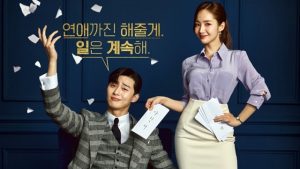
There’s very little wrong with the chemistry in the Korean series, “What’s Wrong with Secretary Kim.” The attraction between the main characters is so strong that (of course) the off-screen dating rumors have surfaced. Both Park Seo-Joon and Park Min-Young deny they are anything more than friends, but you almost can’t blame netizens for their wishful thinking.
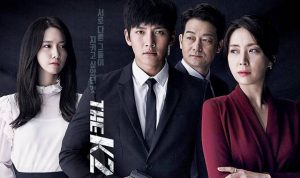
“The K2” is billed as an action thriller, but it’s really a story about people who are so thoroughly broken that their sense of morality and justice is skewed to an absurd level.
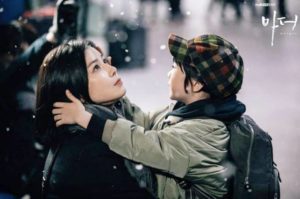
A common element running throughout the plot is that you are not a “real” child if you don’t share your parents’ DNA. One of the central characters views herself as superior to her adopted sister, because … adoption. The emphasis on a family’s pure bloodline is still in effect today in Korea. And though more adoptive families are telling their children about their adoption stories, many still let their kids assume they are biologically related to their adoptive parents.
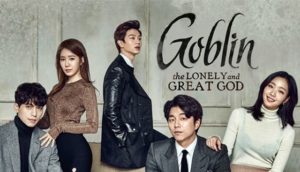
There are few things in life that would be more difficult than to watch generations of loved ones grow old and die, while you live on for centuries without them. Such is the case with Kim Shin, a dokkaebi (goblin). For more than 900 years, he has been cursed to live a life of loneliness as atonement for all the enemies he killed during his days as an unbeatable general. Yes, his victims would’ve slain him if they had the opportunity. But, as God says in the narration, they were all precious creations, as well.
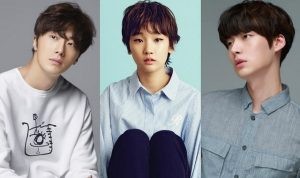
There are a some really great moments in “Cinderella and Four Knights.” But there was an element that made me uncomfortable. When we meet the female lead, she is not yet 18 and is a few months away from her high school graduation. It’s vague how old the Knights are, but since they are all clearly out of college, I’d guesstimate that they range from mid to late 20’s. Ten years isn’t a big difference when you’re a 30-year-old dating a 40something. But when one half of the duo is 17 … I don’t know. It just detracted from my enjoyment of the series.
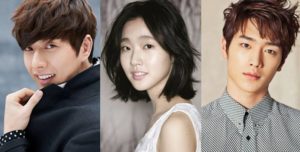
“Cheese in the Trap” is a love story disguised as a psychological drama. Or, vice versa. The core of the story is about a group of damaged people who are struggling to survive.